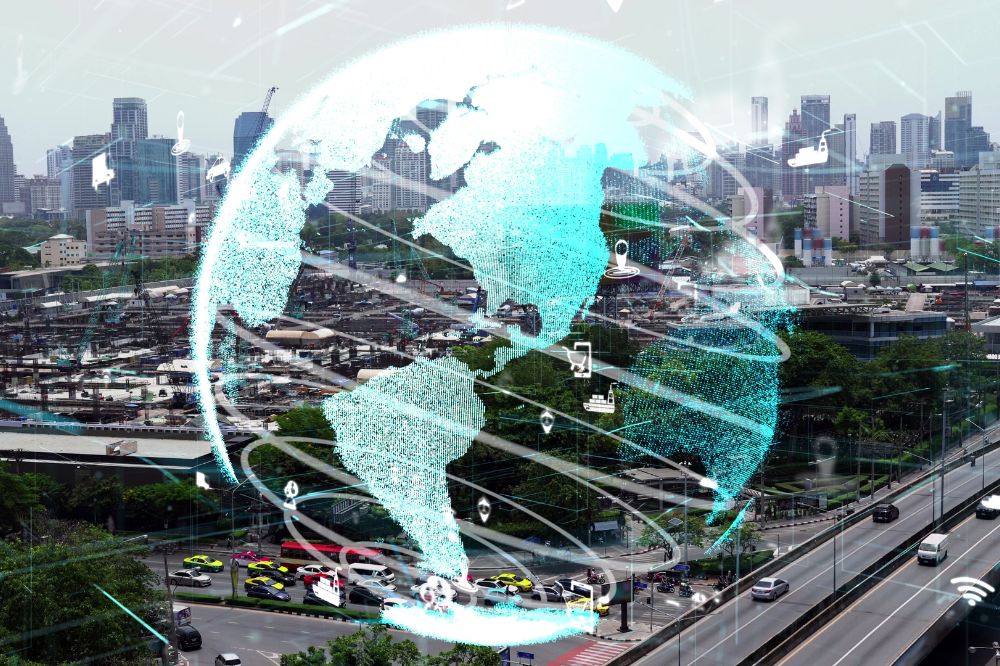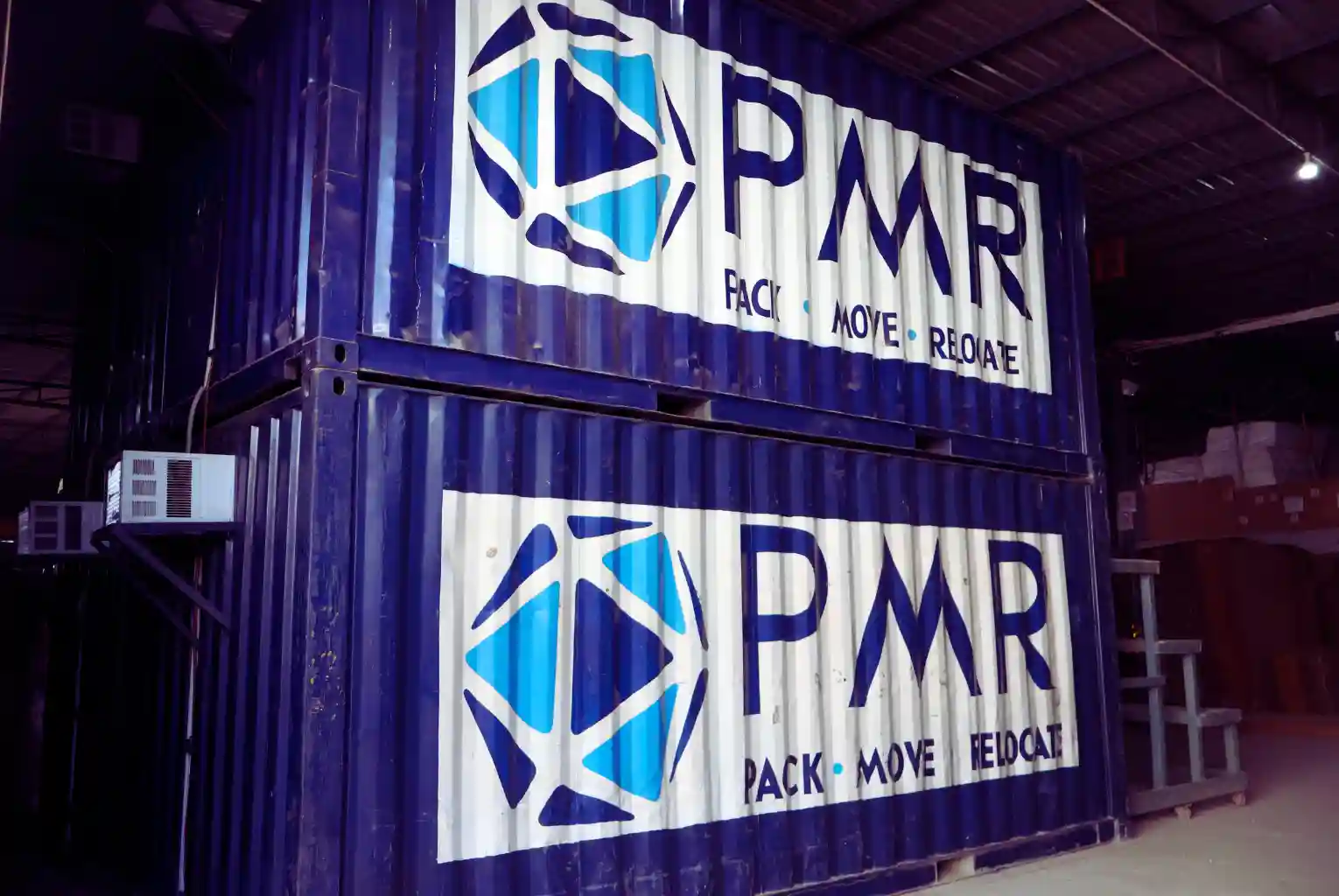GLOBAL MOBILITY TRENDS: NAVIGATING CHALLENGES AND SEIZING OPPORTUNITIES FOR LEADERS AND MANAGERS

Introduction
Leaders and managers play a crucial role in navigating these challenges to fully capitalize on the opportunities presented by global mobility. This requires strategic planning around the selection, training, retention, and advancement of globally mobile employees. It also requires an understanding of leading trends reshaping the global mobility landscape.
What are the global relocation trends for 2024?
Furthermore, diversity and inclusion are becoming central to global mobility strategy rather than an afterthought. Leading multinationals understand social equity as a key enabler of innovation and agility across borders. Integrating diverse experiences and perspectives systematically into global operations planning is already a major 2024 trend.
Key Challenges in Global Mobility
Cultural Adaptation and Communication
Language barriers also continue to affect the productivity and integration of globally mobile employees. Providing customized language training focused on the destination country helps improve engagement, morale, and retention. Managers staying attentive to possible cultural misunderstandings due to language gaps can further help troubleshoot issues.
Legal and Compliance Issues
Navigating different legal systems is another compliance challenge. Multinationals must carefully assess destination countries' employment laws, safety regulations, and data protection statutes when evaluating global mobility decisions to avoid lawsuits or fines. Anti-bribery and anti-corruption laws also require vigilant tracking across global operations.
Talent Retention and Employee Satisfaction
Virtual collaboration tools facilitating regular check-ins with remote team members also provide needed social support. Other creative solutions include offering annual home leaves, localized workplace training, and clear cross-border promotion pathways. Getting relocation support right is key for global retention.
Emerging Trends in Global Mobility
Remote Work and Virtual Assignments
The COVID-19 pandemic accelerated existing remote work trends exponentially. Virtual global collaboration is now the default for most multinationals. For global mobility, this manifests as a sharp surge in short-term international remote assignments and contracting rather than traditional long-term relocations.
Tools like video conferencing, cloud telephony, and encrypted messaging enable effective virtual global team coordination. Tech infrastructure is improving daily in the developing world, too, expanding viable global remote assignment destinations. Proper training and on-ground staff support remain vital, though. The remote work revolution is transforming global mobility rapidly.
Diversity and Inclusion in Global Teams
Equally, designing global mobility initiatives centering on diverse voices and local contexts promotes innovation. Locale-specific adjustments supporting families, language needs, and cultural nuances boost expatriate retention too. Building international assignments around inclusive practices rather than homogenization supports both ethics and operations.
Opportunities for Leaders and Managers
Developing Cross-Cultural Leadership Skills
Inclusive leadership practices thus become integral for managing integrated global organizations. Reducing hierarchy, welcoming diverse views, and decentralizing decision-making authority empower country operations to customize solutions suitable for their culture and community. Flatter, participative leadership unlocks innovation across borders.
Strategic Talent Management
Nurturing future global heads hence requires personalized mentoring by senior cross-cultural leaders. Local language certifications, global citizenship, and international mobility must figure early into emerging talent cultivation. Specialized programs customizing global competency building to individual strengths provide pipelines for fulfilling strategic global growth goals.
Leveraging Technology for Efficient Global Operations
Two major opportunities include using collaborative work tools for real-time virtual information sharing between country teams and using advanced People Analytics for data-driven global talent deployment decisions. Optimized globally integrated platforms built around human needs boost productivity.
Conclusion
Global mobility fulfills its promise by constructively discussing these challenges and collectively building solutions. The borderless, interconnected world beckons the development of boundary-less leaders and mindsets to catalyze innovation across a diversity of contexts fully. Our shared future depends on cooperating across complex change. Dialogue is just the beginning.
Count on trusted partners like PMR to ease your global staff relocations. With 37+ years of expertise in transporting employee belongings worldwide smoothly, PMR guarantees secure international moving tailored to your needs. Contact us today!
Our Blogs

WHY SUCCESSFUL RELOCATION DEPENDS MORE ON RELOCATION PLANNING THAN DISTANCE
Successful relocation is rarely defined by distance—it’s driven by effective planning. From choosing the right storage solutions to coordinating warehouse timelines, smart relocation planning helps protect your belongings, reduce delays, and ensure a seamless transition. Whether it’s short-term storage or long-term warehousing, organized logistics play a critical role in making any move successful.

WHY YOUR BELONGINGS DESERVE A PAUSE: RETHINKING STORAGE AND WAREHOUSING SERVICES DURING RELOCATION
Relocation is not always a seamless door-to-door journey. Delayed handovers, international transit schedules, temporary housing, or sudden changes in plans often create a gap between moving out and moving in. During this uncertain phase, professional storage and warehousing services provide a safe, controlled environment for your belongings. From short-term holding to long-term storage, these solutions ensure your household goods remain protected, organized, and ready for the next step of your relocation—without adding stress to an already complex move.

WHY INTERNATIONAL RELOCATION TIMELINES OFTEN SLIP — AND WHAT YOU CAN DO TO STAY ON TRACK
International relocation timelines often look straightforward on paper—but reality tells a different story. Visa approvals, customs regulations, documentation gaps, port congestion, and coordination between multiple service providers can easily cause unexpected delays. Even small oversights early in the planning stage can snowball into weeks of disruption. This blog breaks down the real reasons why international relocation timelines slip and, more importantly, outlines practical steps you can take to anticipate risks, plan smarter, and keep your global move moving forward without unnecessary stress.



